Ginger Tea: A Natural Remedy for Period Bloating – An Indian Youth’s Guide
Menstrual cycles can be challenging, with cramps, mood swings, and the infamous bloating making it hard to function at your best.
If you’re an Indian youth juggling studies, work, and social commitments, the added discomfort of period bloating can feel like an unwelcome guest. But what if the solution lies in your kitchen?
According to age-old wisdom—something our mothers have always known—ginger tea is a simple, effective remedy for easing period bloating.
This blog delves into why ginger tea is a go-to solution for menstrual bloating and how it aligns with the lifestyle of Indian youth. Let’s explore how this golden elixir can make your period days a little easier.
Understanding Period Bloating
Period bloating occurs due to hormonal fluctuations, particularly increased levels of estrogen and progesterone. These hormones cause water retention, which leads to a feeling of puffiness or tightness, especially around the abdomen.
While bloating is a normal part of the menstrual cycle, it can be uncomfortable and frustrating.
Why Do Indian Youth Face More Challenges?
As a young Indian, you may already have a hectic lifestyle, balancing academics, work, or other responsibilities. Add to this the cultural expectations and dietary habits that sometimes lean heavily on processed foods, salt, or caffeine—all of which can exacerbate bloating.
Furthermore, in many Indian households, discussing menstruation with male family members is still considered taboo. Some deeply ingrained cultural practices also restrict women during their menstrual cycle, such as not allowing them to enter the kitchen or sleep in a proper bed.
These emotionally distressing practices can, in turn, cause stress, leading to the release of cortisol, a stress hormone that worsens physical discomfort, including bloating.
This is where natural remedies like ginger tea can make a significant difference.
Why Ginger Tea Works Wonders for Period Bloating
1. Anti-inflammatory Properties
Ginger contains powerful anti-inflammatory compounds called gingerols and shogaols. These help reduce the inflammation in the gut, relieving bloating and soothing abdominal discomfort.
2. Promotes Digestive Health
Bloating often stems from digestive issues like slow metabolism or gas buildup. Ginger tea stimulates the digestive enzymes, aiding in faster digestion and reducing gas.
3. Diuretic Effect
Ginger tea has mild diuretic properties that help flush out excess water from the body, reducing water retention and puffiness.
4. Hormonal Balance
Ginger may also play a role in regulating hormones, helping reduce the severity of period symptoms, including bloating, cramps, and mood swings.
5. Warmth and Comfort
A hot cup of ginger tea provides warmth and relaxation, which can ease period discomfort and elevate your mood during challenging days.
Ginger Tea for Period Bloating: Step-by-Step Approach with External Resources
Here’s how you can implement ginger tea as a remedy for period bloating, broken down into actionable steps. Additionally, external links provide deeper insights and credibility.
Step 1: Understand the Science Behind Ginger and Menstrual Health
Before diving into remedies, it’s helpful to understand why ginger is effective for bloating and menstrual discomfort. Research confirms its anti-inflammatory, digestive, and hormone-regulating properties.
External Resources:
Step 2: Gather Ingredients
Head to your kitchen or a local grocery store to gather the following ingredients:
- Fresh ginger root
- Water
- Optional: honey, lemon, or additional spices like cardamom
External Resources:
- BBC Good Food: Why Fresh Ginger Is Better Than Powder
- Times of India: Ginger Benefits in Indian Cooking
Step 3: Prepare Ginger Tea
Follow this quick recipe:
- Boil 2 cups of water in a pan.
- Grate or thinly slice 1-2 inches of fresh ginger.
- Add the ginger to the boiling water and let it simmer for 5-7 minutes.
- Strain the tea into a cup.
- Add a teaspoon of honey or a squeeze of lemon for extra flavor.
External Resources:
Step 4: Drink Responsibly
Consume ginger tea once or twice a day during your menstrual cycle. Avoid drinking excessive amounts, as it can lead to acidity or heartburn in some individuals.
External Resources:
Step 5: Pair Ginger Tea with Lifestyle Adjustments
For maximum relief, complement ginger tea with:
- Hydration: Drink at least 2-3 liters of water daily.
- Diet: Include fiber-rich foods and avoid salty snacks.
- Light Exercise: Try yoga or gentle stretching exercises.
External Resources:
Step 6: Monitor the Results
Keep track of how ginger tea affects your period symptoms over a few cycles. If the bloating significantly reduces, incorporate it into your routine. However, if symptoms persist, consult a healthcare provider.
External Resources:
- WebMD: When to See a Doctor for Menstrual Symptoms
- National Library of Medicine: Gut Health and Hormonal Cycles
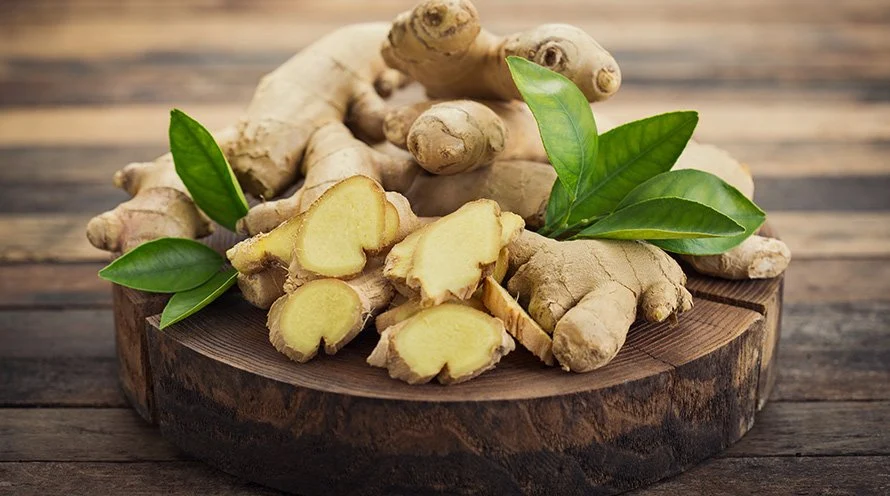
Quick Overview of the Steps to Use Ginger Tea for Period Bloating
- Understand the Science Behind Ginger
Ginger’s anti-inflammatory and digestive properties make it effective for easing period bloating. Its ability to regulate hormones also helps reduce discomfort during your menstrual cycle. - Gather the Ingredients
You’ll need fresh ginger root, water, and optional ingredients like honey, lemon, or cardamom for added flavor. - Prepare Ginger Tea
Boil 2 cups of water, add grated or sliced ginger, and let it simmer for 5-7 minutes. Strain into a cup and add honey or lemon if desired. - Drink Responsibly
Drink ginger tea once or twice a day during your period, but avoid overconsumption to prevent acidity or heartburn. - Pair with Lifestyle Adjustments
Stay hydrated, eat fiber-rich foods, and engage in light exercise like yoga to enhance the effectiveness of ginger tea in reducing bloating. - Monitor the Results
Track how your symptoms change over a few cycles. If bloating decreases, continue using ginger tea. If symptoms persist, consult a healthcare provider.
By following these simple steps, you can naturally manage period bloating and stay connected to time-tested, culturally rooted remedies.
When and How Often Should You Drink Ginger Tea?
For best results, drink ginger tea:
- 1-2 times a day during your menstrual cycle, especially when bloating is at its peak.
- First thing in the morning on an empty stomach or in the evening for a calming effect.
Avoid overconsumption, as too much ginger can sometimes cause heartburn or acidity.
The Cultural Connection: Wisdom Passed Down
In Indian households, natural remedies like ginger tea have been trusted for generations. Whether it’s curing a sore throat or soothing an upset stomach, ginger holds a revered place in Ayurvedic medicine. Our mothers and grandmothers often know the value of these age-old practices, even when modern science is just catching up.
As Indian youth, incorporating these traditional remedies into your lifestyle allows you to stay connected to your roots while addressing modern-day health challenges.
Why Ginger Tea Fits the Lifestyle of Indian Youth
- Quick and Easy to Prepare: With minimal ingredients and effort, ginger tea can be made in minutes, making it perfect for busy students or young professionals.
- Affordable and Accessible: Ginger is readily available in most Indian kitchens, making this remedy cost-effective and convenient.
- Customizable Flavor: You can experiment with add-ons like cardamom, cinnamon, or tulsi to suit your taste preferences.
- Holistic Wellness: Beyond bloating, ginger tea helps with cramps, nausea, and even stress—common challenges faced by Indian youth.
Additional Tips to Combat Period Bloating
While ginger tea is an excellent remedy, combining it with a healthy lifestyle can enhance its effects:
- Stay Hydrated: Drink plenty of water to prevent water retention.
- Reduce Salt Intake: Avoid salty snacks, which can worsen bloating.
- Eat Fiber-Rich Foods: Include fruits, vegetables, and whole grains in your diet to promote digestion.
- Exercise Gently: Yoga and light stretches can help alleviate bloating and cramps.
- Limit Caffeine: Replace coffee with herbal teas like ginger, chamomile, or peppermint during your period.
Conclusion: A Cup of Comfort
Ginger tea is more than just a beverage—it’s a cup of comfort, offering relief from period bloating and other menstrual woes. As an Indian youth navigating the complexities of modern life, embracing this traditional remedy can be a game-changer for your overall well-being.
The next time your period brings along bloating, listen to your mom’s advice and brew yourself a warm, soothing cup of ginger tea. It’s a small act of self-care that can make a big difference.
So, why wait? Give ginger tea a try and experience its magical benefits for yourself!
Disclaimer:
The information provided in this blog is intended for general informational purposes only. While ginger tea has been traditionally used in Ayurvedic medicine and has some proven health benefits, it should not be considered a substitute for professional medical advice, diagnosis, or treatment. Always consult with a healthcare provider before making any significant changes to your diet, especially if you have underlying health conditions or are taking medications.
Individual results may vary, and excessive consumption of ginger can lead to side effects such as heartburn or gastrointestinal discomfort. Please consume ginger tea in moderation.
The external resources linked in this article are for reference purposes and do not necessarily reflect the views or recommendations of the author.
-

Review of: Poker Cheaters Allegedly Use Tiny Hidden Cameras to Spot Dealt Cards
Poker Cheaters Allegedly Use Tiny Hidden Cameras to Spot Dealt Cards
The original article by Ben Dowsett offers an insightful perspective on the use of miniature cameras in poker cheating schemes. Below is a summary and review of their observations:
Several recent schemes were uncovered involving poker players at casinos allegedly using miniature cameras, concealed in personal electronics, to spot cards. Dowsett raises concerns about the prevalence of this issue and its potential impact on the integrity of the game.
My Observations: While the author highlights the risks posed by these devices, it could be expanded by considering the measures casinos and poker organizations are taking to counter them. This would add more depth to the discussion and provide readers with a comprehensive understanding of the issue.
To read the original article, visit here.
-

Review of: Police Arrest UnitedHealthcare CEO Shooting Suspect, App Developer Luigi Mangione
Police Arrest UnitedHealthcare CEO Shooting Suspect, App Developer Luigi Mangione
The original article by Dell Cameron, Dhruv Mehrotra, Andrew Couts provides a comprehensive overview of the recent arrest of Luigi Mangione, a suspect in the shooting of UnitedHealthcare CEO David Wichmann.
Luigi Mangione, a 26-year-old graduate of the University of Pennsylvania, was apprehended on Monday after visiting a McDonald’s in Altoona, Pennsylvania. Police believe Mangione may have been motivated by a personal grievance against Wichmann.
My Observations: While the authors do an excellent job of detailing the events leading up to Mangione’s arrest, they could further explore Mangione’s background and possible motives. This would provide a more comprehensive understanding of his actions and the context surrounding the shooting.
To read the original article, visit here.
-
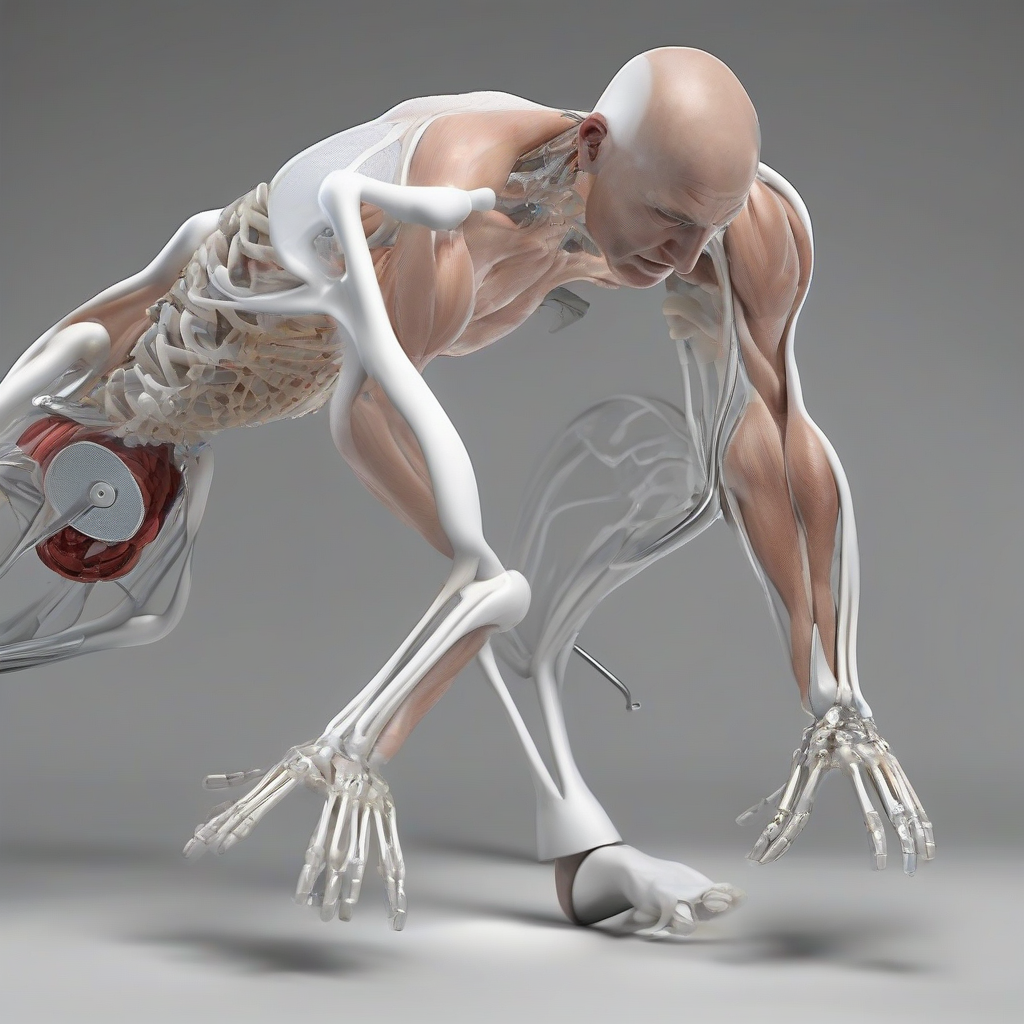
Review of: Muscle Implants Could Allow Mind-Controlled Prosthetics—No Brain Surgery Required
Muscle Implants Could Allow Mind-Controlled Prosthetics—No Brain Surgery Required
The original article by Emily Mullin offers an insightful perspective on the potential of muscle implants to revolutionize prosthetics control. Below is a summary and review of her observations:
Startup Phantom Neuro is developing an implant that sits under the skin, enabling amputees to control electronic prosthetics with greater precision, relying solely on their thoughts.
My Observations: While the author emphasizes the potential benefits of this technology for individuals with limb loss, the article could benefit from further exploration of the broader implications for the future of prosthetics. Consider discussing how these implants might pave the way for more advanced and intuitive prosthetic devices.
To read the original article, visit here.

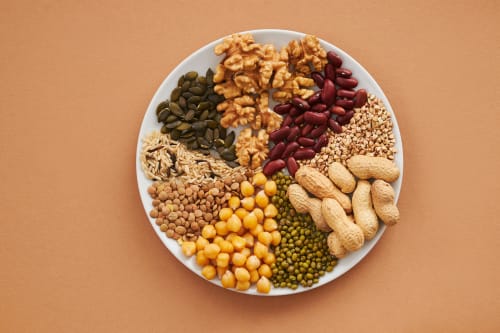



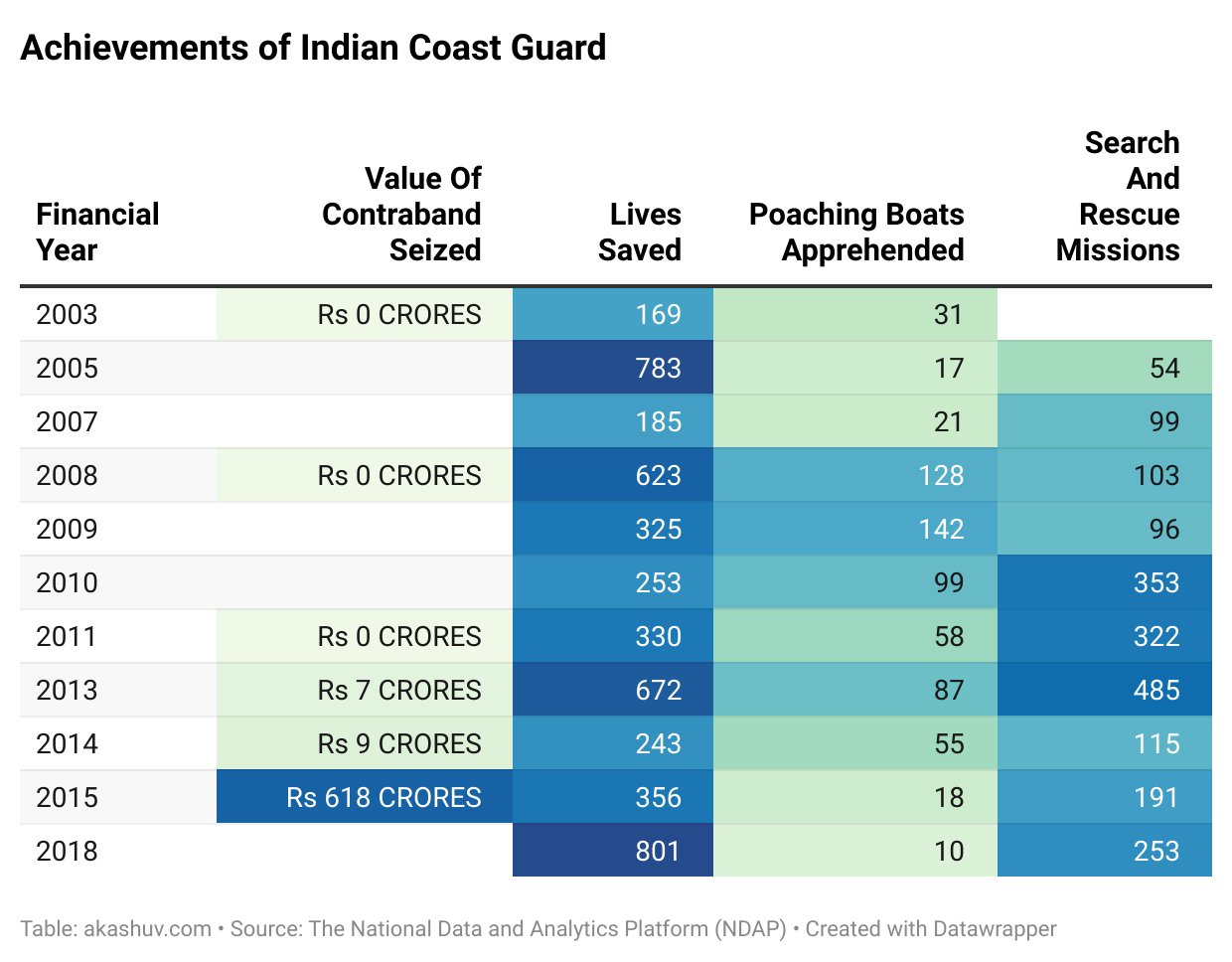

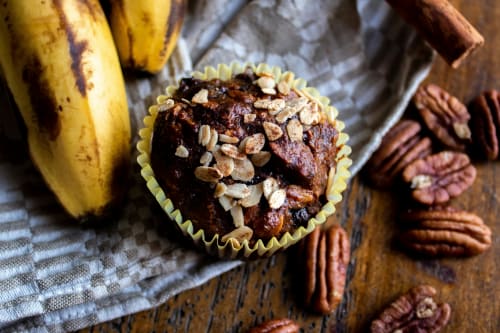

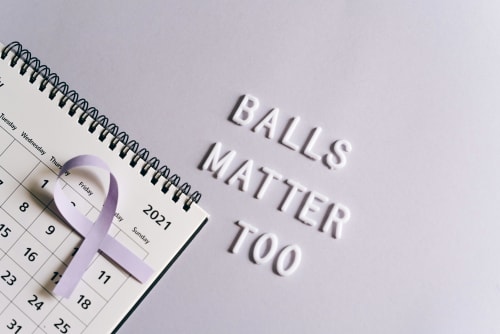
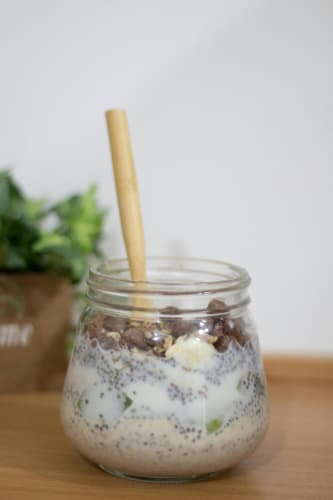
Leave a Reply to Period Bloating: 6 Natural Remedies to Feel Better | A Youth's Guide Cancel reply